
There’s a profound shift in computing happening across the world, but it’s hard to see if you live in a Western country.
For most Internet users in the West, their first experience with the Internet was through a desktop browser running on a PC. That experience means the desktop web still sees extremely high use rates today in places where PCs dominate, like the U.S. and Western Europe. But globally, the computing world is moving away from PCs and desktop web.
Instead, the balance of power is shifting to smartphones. They will be the future of how most people experience the Internet.
If you want a glimpse into that future, look no further than China, where hundreds of millions of young consumers are growing up with the mobile Internet instead of the desktop variety. “[China’s] real Internet population is people born after 1985,” former Alibaba CEO David Wei told Author Shaun Rein in Rein’s The End of Copycat China. Why 1985?
“People born after 1985 grew up with the Internet,” said Wei. “They live with it. They use it for shopping, entertainment . . . as for people who were born before 1985, it is hard to convince them to move away from ingrained habits.”
Wei was talking about commerce, explaining how those born before 1985 still shop at brick and mortar stores rather than spending their money online. Young Chinese people who grew up with the Internet, especially the mobile Internet, now shop largely online, particularly using mobile devices. That shift has yet to happen in Western markets, where the PC is still king. But signs are showing that it’s coming. Amazon said late last week that 60% of its customers shopped using a mobile device this holiday season, a trend that accelerated as Christmas Day drew closer.
PHOTOS: The Rise of Mobile Phones from 1916 to Today
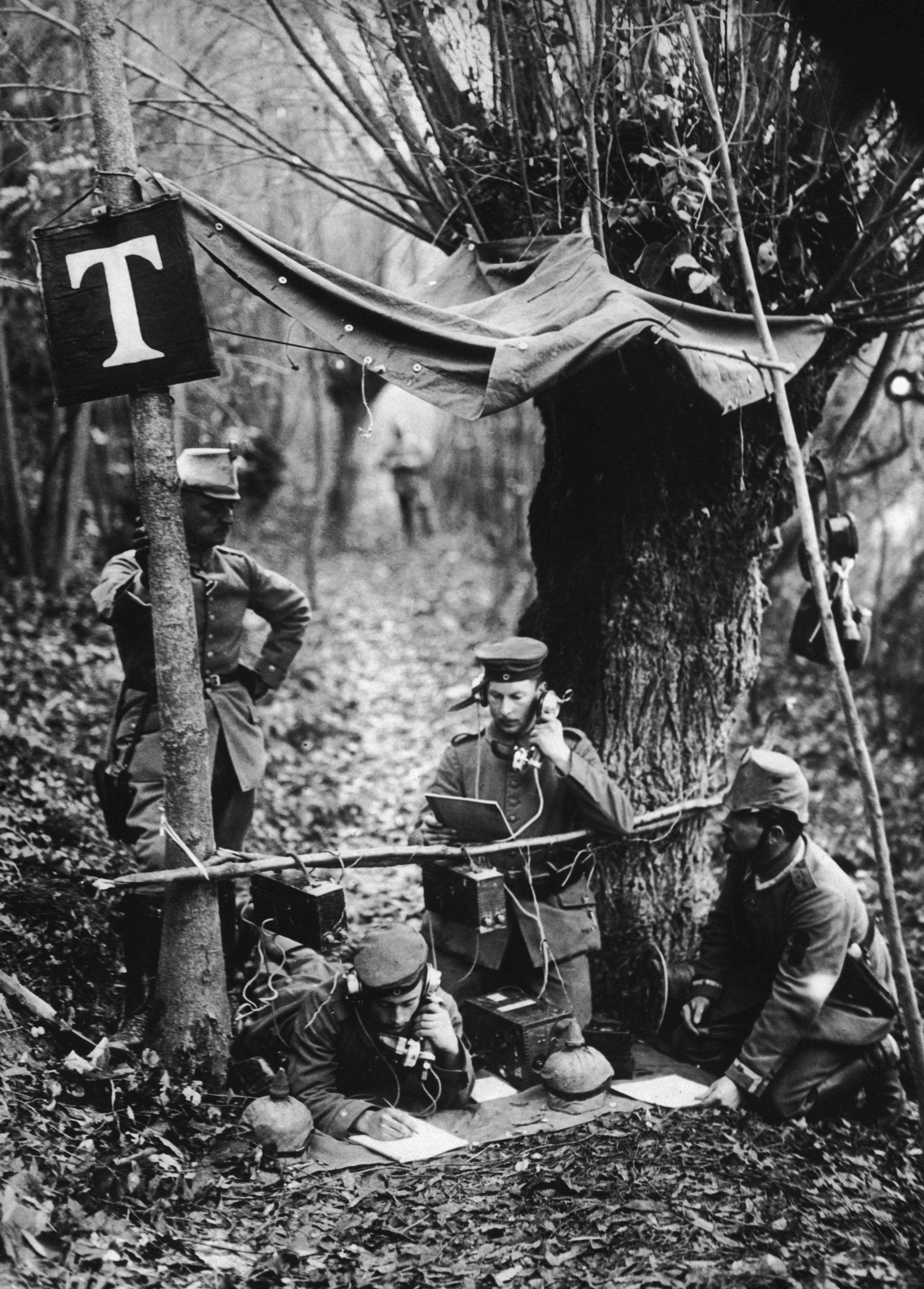

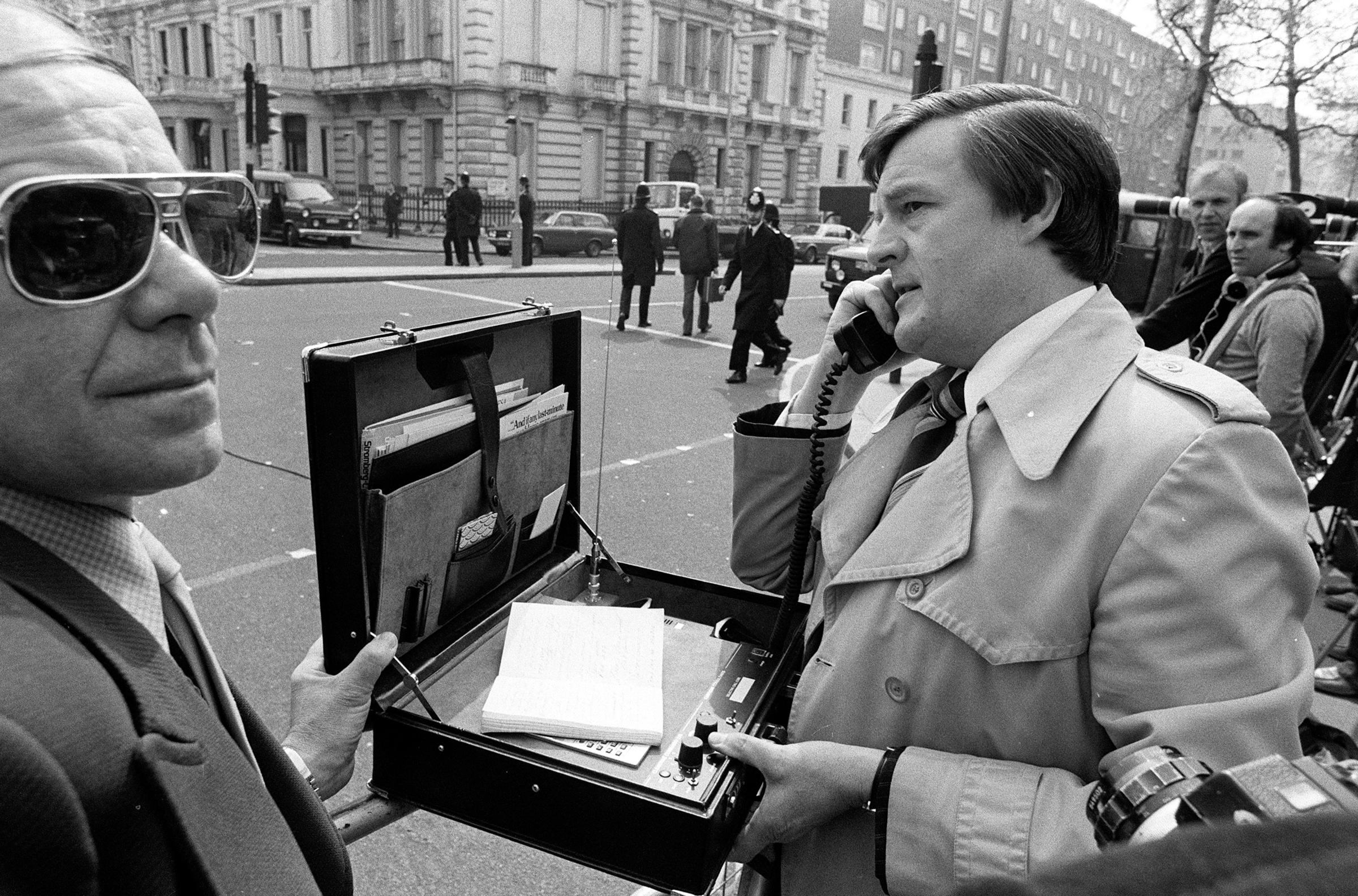
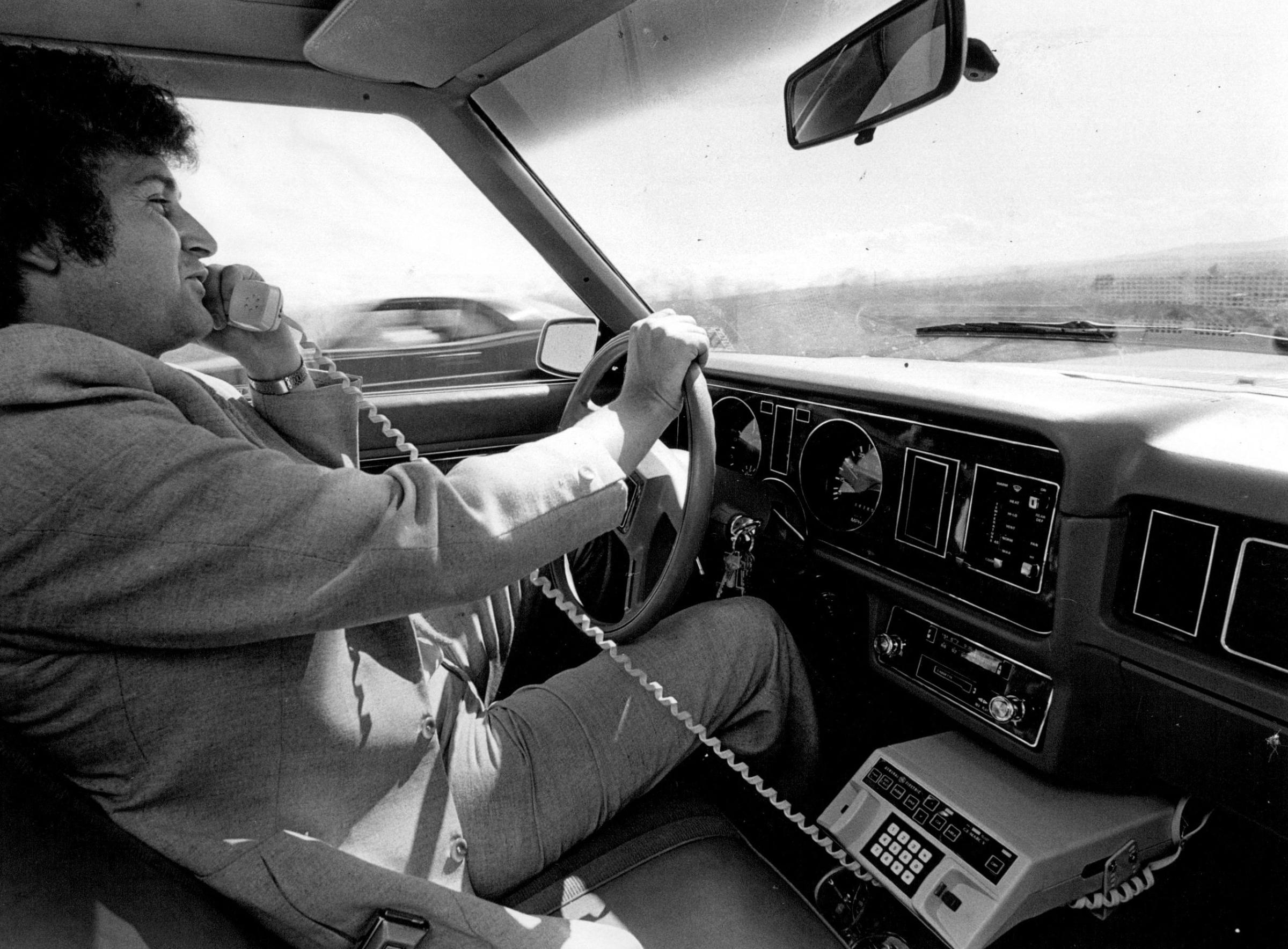

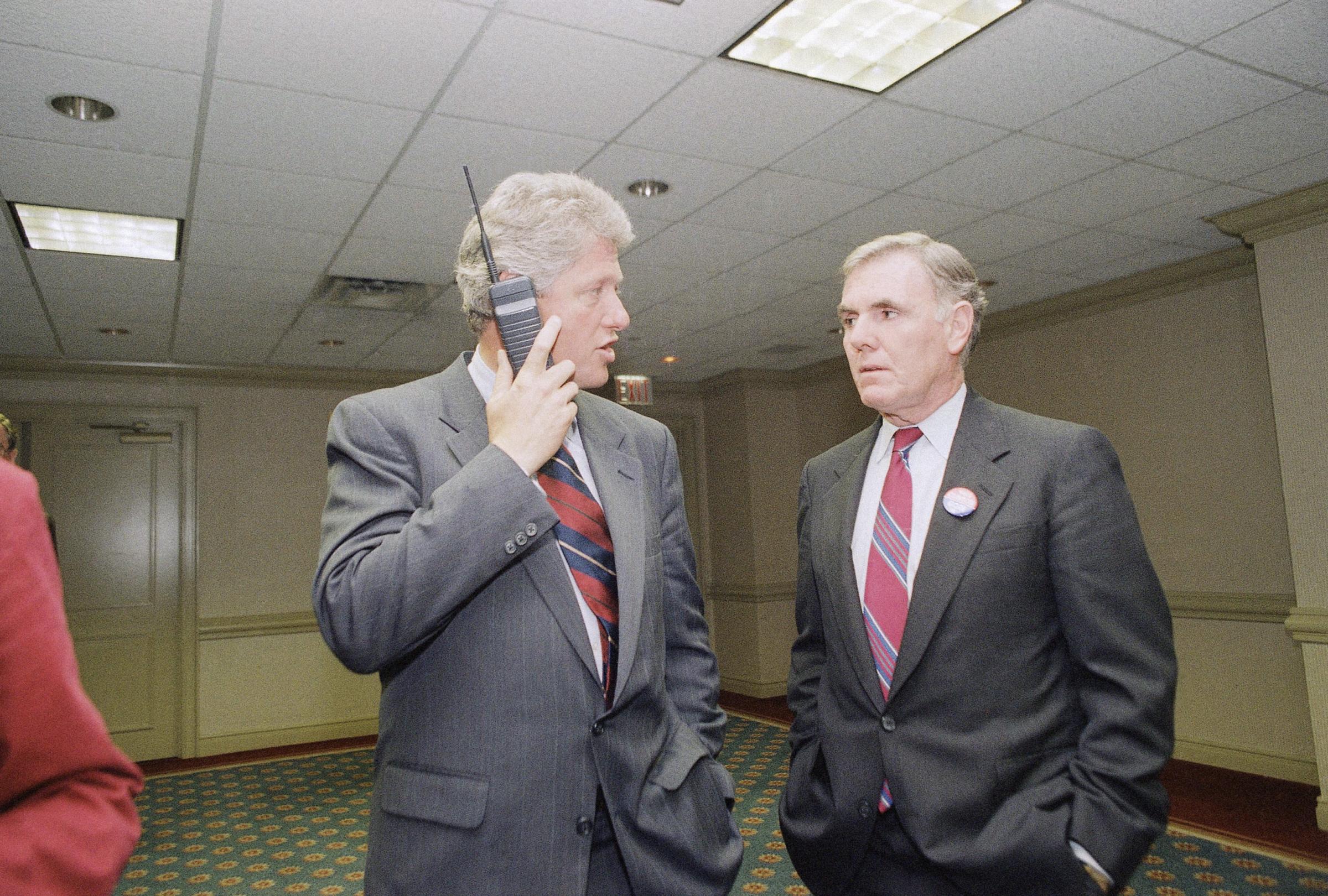
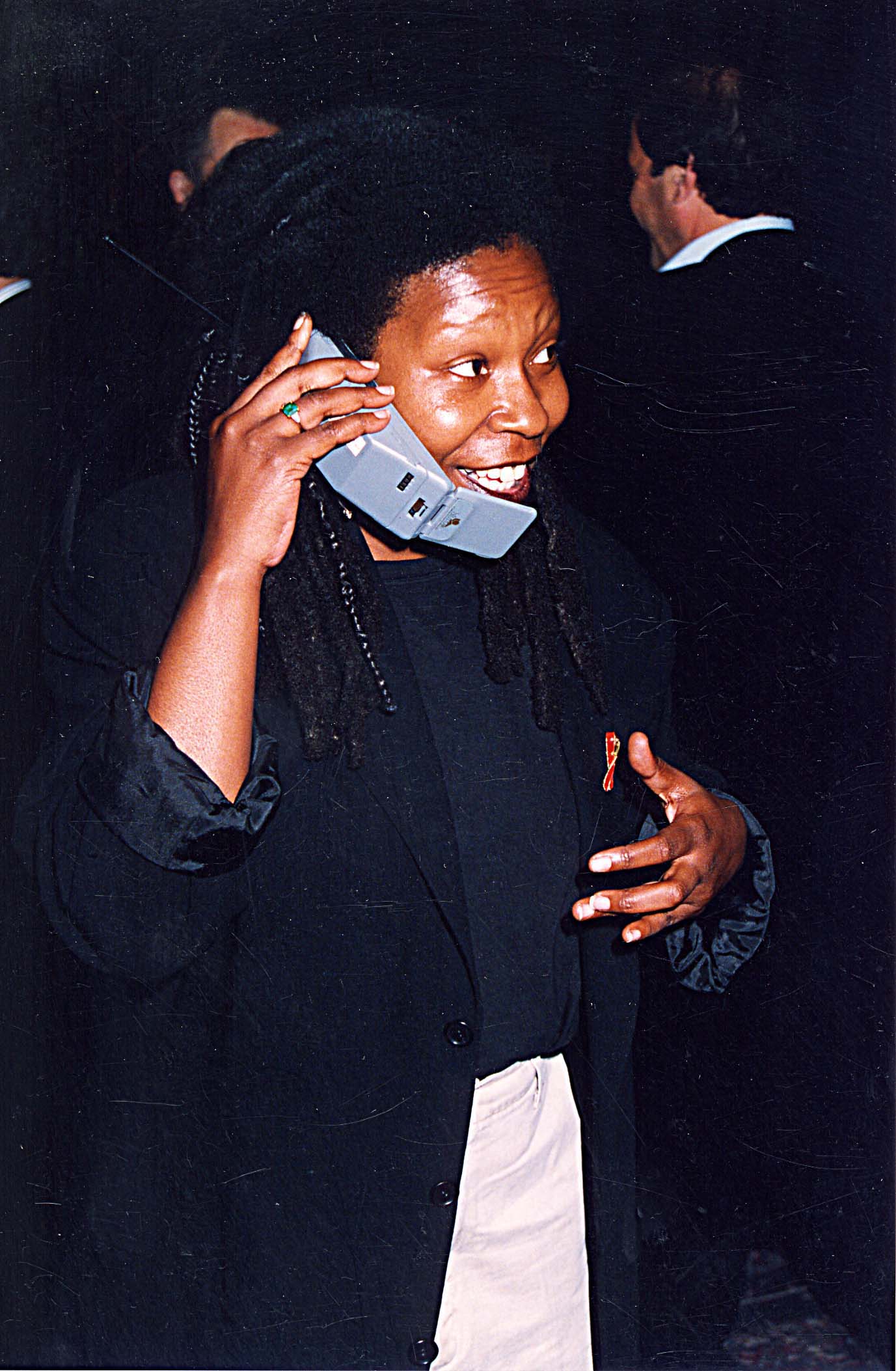






Still, the desktop Internet’s prevalence in the West means Western Internet users still prefer PCs for many tasks. China’s Internet, meanwhile, began on the PC but went mobile extremely quickly. Sites like Alibaba, Tencent, Weibo, and many others prioritized mobile efforts over desktop ones largely because of the rapid rise of the mobile Internet over the desktop Internet. Now, as we look at China, nearly all hardware, software, and services innovations are focused on mobile-first — and often mobile-only.
Here in the U.S., we’re just now raising a similar “born mobile” generation — but they haven’t reached a position of power or influence to cause the mobile-first shift to happen as it has in China. But you only have to follow the money to see the future here: Nearly all the interesting and innovative things we see in software and services are happening on mobile — and mobile is home to nearly all the money to be made today in software development. That’s a telltale sign of where we’re going, and we’ll get there sooner than you might think.
More Must-Reads From TIME
- The 100 Most Influential People of 2024
- The Revolution of Yulia Navalnaya
- 6 Compliments That Land Every Time
- What's the Deal With the Bitcoin Halving?
- If You're Dating Right Now , You're Brave: Column
- The AI That Could Heal a Divided Internet
- Fallout Is a Brilliant Model for the Future of Video Game Adaptations
- Want Weekly Recs on What to Watch, Read, and More? Sign Up for Worth Your Time
Contact us at letters@time.com